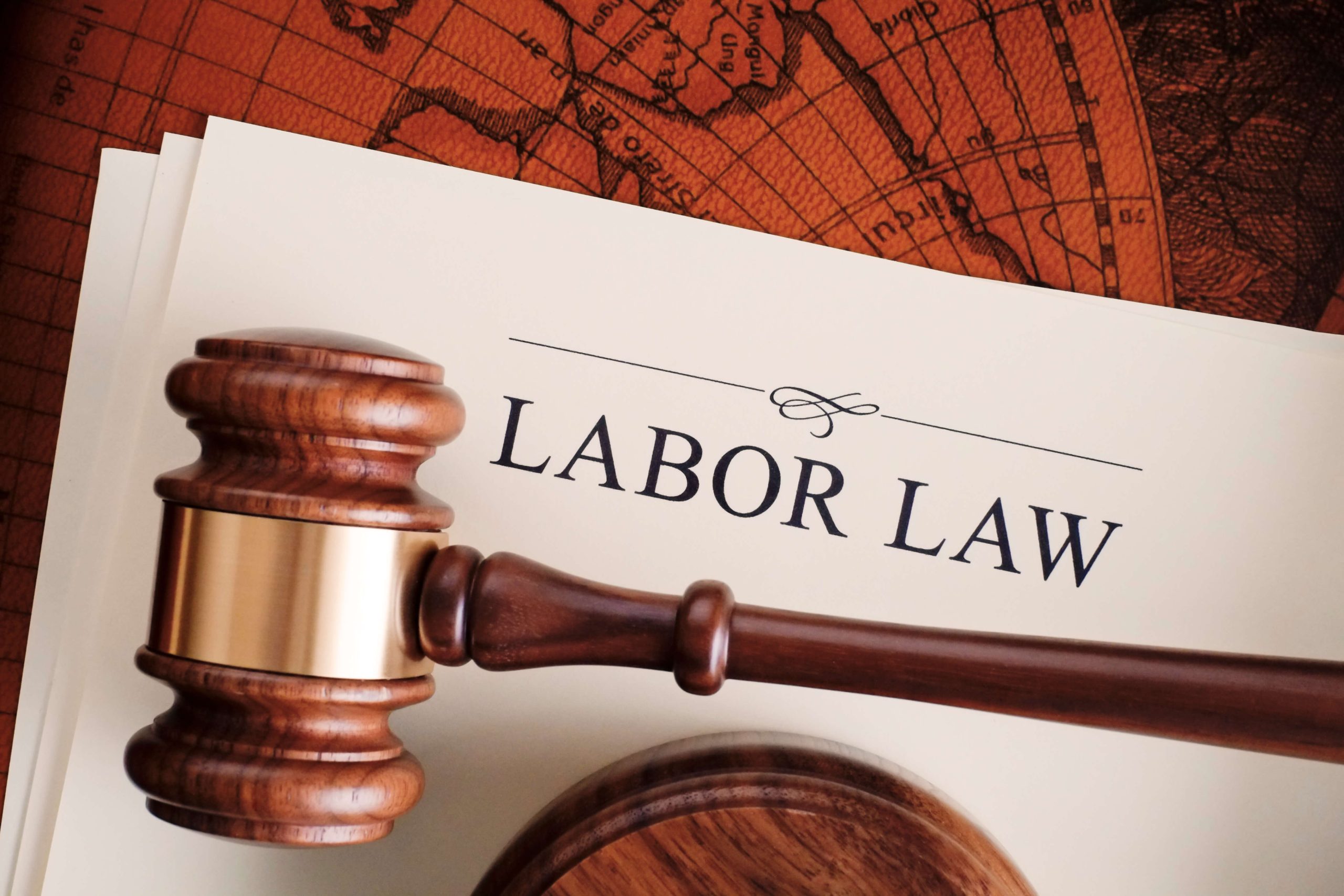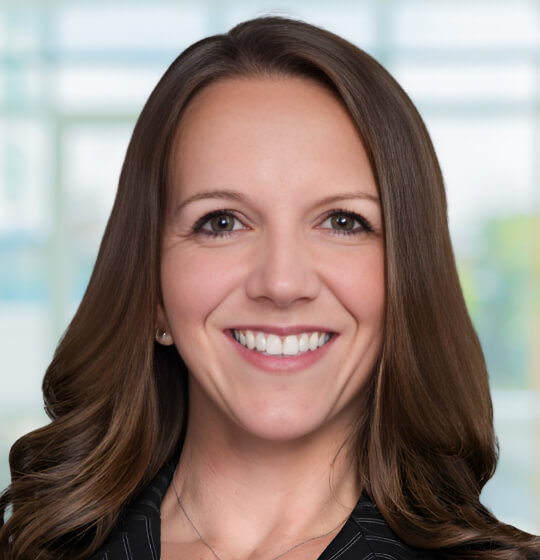Quick Hits
- An NLRB regional director determined that college basketball players at a private university are employees under the NLRA and can unionize.
- The ruling tees up the issue of whether college athletes are employees for potential full NLRB review amid a wave of legal challenges that are reshaping college athletics.
NLRB Region 1 Director Laura Sacks issued a direction of election to allow the fifteen members of the current Dartmouth men’s college basketball team to vote on whether to be represented by a union for collective bargaining.
Regional Director Sacks determined that the men’s basketball student-athletes are employees under Section 2(3) of the NLRA because they perform work that benefits Dartmouth and receive compensation in the form of apparel and equipment, support, and other fringe benefits and because Dartmouth “exercises significant control over the basketball players’ work.”
The ruling tees up the issue of whether college student-athletes at private universities are employees within the meaning of the NLRA for the full NLRB after the Board punted on a similar case in 2015 involving scholarship football players at Northwestern University. A spokesperson for Dartmouth has reportedly confirmed that it will appeal the decision to the full NLRB.
Background
The Service Employees International Union (SEIU), Local 560, is seeking to represent a bargaining unit comprised of the fifteen members of the Dartmouth men’s varsity basketball team. Dartmouth, a private research university in New Hampshire, is a member of the Ivy League athletic conference and the men’s basketball team competes in the National Collegiate Athletic Association Division I, the highest level of college athletics.
Dartmouth argued that the men’s basketball student-athletes are not employees within the meaning of the NLRA and that the Board should decline to assert jurisdiction. Further, Dartmouth argued that the student-athletes do not meet the common law test for employment because they do not perform work in exchange for compensation, asserting that it does not offer athletic scholarships and that it does not turn a profit from the basketball program.
NLRA Employment Status
The regional director noted that despite some factual dispute as to how much revenue the basketball program generates and whether it is profitable, at the very least the program generates alumni engagement (which brings financial donations) and publicity for the school generating student interest and applications.
Additionally, the regional director found that Dartmouth “exercises significant control over the basketball players’ work,” pointing to the school’s rules in its student-athlete handbook and other control it asserts over student-athletes’ schedules. The regional director found that Dartmouth determines when the players will practice and play, review film, engage with alumni, take part in other team-related activities, and during travel for away games, when and where the players will travel, eat, and sleep. The regional director also rejected the argument that the basketball players are students who participate in an extracurricular activity and receive need-based financial aid.
The regional director found that the “men’s basketball team performs work in exchange for compensation.” While noting that unlike the college football players in the Northwestern case, who received athletic scholarships for playing on the football team, the Dartmouth basketball players did not receive athletic scholarships, they do nonetheless receive several economic benefits, including equipment and apparel, tickets to games, lodging, meals, and other specialized academic and career development support. The regional director further pointed out that the “players’ compensation is of a non-traditional form because NCAA regulations have historically prohibited a traditional form of compensation.”
Potential NLRB Review
Dartmouth is reportedly appealing the regional director’s ruling to the full NLRB, which will provide the Board an opportunity to revisit the issue of whether college student-athletes at private universities are employees under the NLRA. In the Northwestern case, a regional director in Chicago had ruled that the football players receiving athletic scholarships were employees under the NRLA and could vote to unionize. However, the full NLRB later declined to assert jurisdiction because it “would not serve to promote stability in labor relations,” in large part because a majority of schools that compete at the highest level of college football are public institutions not subject to the NLRA.
That ruling was limited to the specific student-athletes in the case and left open the question of whether college student-athletes at private universities may be considered employees under the NLRA. The Dartmouth case presents some key differences. First, the Dartmouth basketball players do not receive athletic scholarships, and second, unlike Northwestern, which was the sole private university in its athletic conference, Dartmouth is part of the Ivy League, which is comprised only of private universities.
Additionally, following the Northwestern case, the NLRB in 2016 ruled that student graduates and teaching assistants at Columbia University who performed work at the direction of the university were employees under the NLRA and could unionize.
Over the past two years, there has been an uptick in organizing activity on college campuses, where the rate of union election wins is approximately 14 percent higher than the national average according to data compiled with Ogletree Deakins’ NLRB Representation Petitions Dashboard available on the Client Portal.
Next Steps
The regional director’s ruling in the Dartmouth College case is the latest development in a string of legal challenges over the status of college athletes under the NLRA as well as the Fair Labor Standards Act (FLSA) in addition to other lawsuits challenging NCAA bylaws under antitrust law and laws protecting publicity rights.
If the NLRB were to affirm the ruling in favor of the Dartmouth student-athletes, it could spark organizing efforts across college sports and upend the current college sports landscape.
Ogletree Deakins’ NLRB Representation Petitions Tracker, available on the firm’s recently launched Client Portal, provides information regarding petitions for representation election (RC) along with their election results, if applicable.
Ogletree Deakins will continue to monitor developments and will provide updates on the Higher Education, Sports and Entertainment, and Traditional Labor Relations blogs.
Follow and Subscribe









